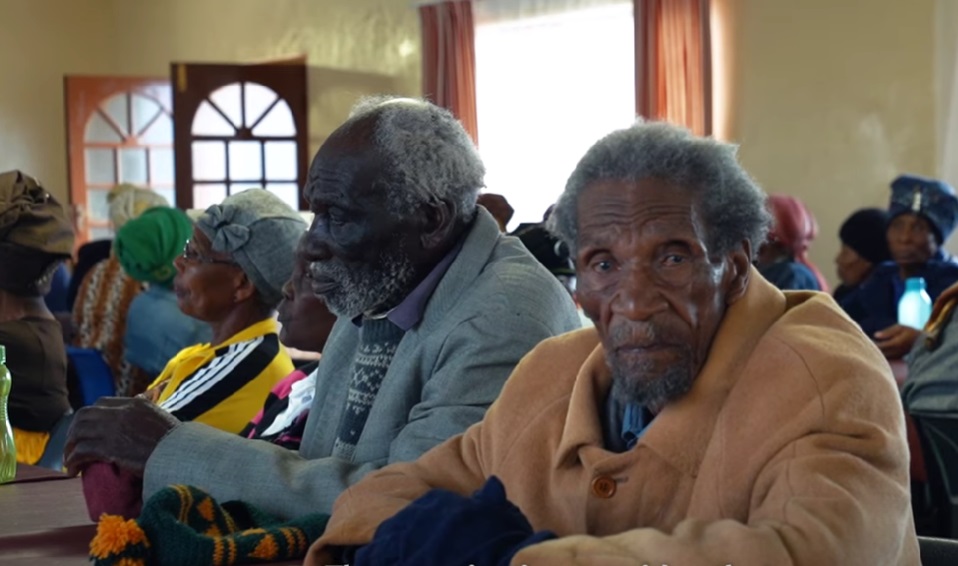South Africa, a nation with a tumultuous history, has made significant strides towards equality and justice since the end of apartheid. However, a recent report by Human Rights Watch sheds light on a pressing issue that continues to plague the country: the lack of access to basic care and support services for its older population. The report, titled “‘This Government is Failing Me Too’: South Africa Compounds Legacy of Apartheid for Older People,” outlines the distressing reality faced by hundreds of thousands of older individuals who are struggling to obtain the care they deserve.
A Promise Unfulfilled
In the wake of apartheid’s end, South Africa introduced the Older Persons Act to ensure that the rights of older citizens were upheld and that they received the necessary care and support to lead dignified lives. The act emphasized community- and home-based care services to enable older individuals to remain in their own homes with the assistance they are entitled to. This approach aimed to foster independence, preserve social connections, and provide the necessary support to ensure physical and emotional well-being.
However, the reality on the ground paints a different picture. Human Rights Watch’s report highlights how the government’s efforts have fallen short, leaving many older people vulnerable and distressed. Despite the promises of the Older Persons Act, countless older citizens find themselves facing risks to their safety, well-being, and quality of life. The failure to provide proper care and support has not only created physical challenges but has also led to emotional turmoil and a sense of abandonment among the elderly.
The Weight of Institutionalization
One of the most concerning aspects highlighted in the report is the fear that older individuals experience at the prospect of being placed in institutions due to the lack of accessible care options. The idea of being forced to live and ultimately pass away in such environments is a source of profound distress for many. These institutions can be isolating, unfamiliar, and devoid of the warmth and familiarity of home. Human connection, a crucial aspect of emotional well-being, is often compromised in such settings.
The Impact of Neglect
The consequences of failing to provide adequate care and support for older citizens are severe. Many older individuals face deteriorating physical health due to the lack of medical attention and assistance they require. The absence of community- and home-based care services has created a vacuum, leaving a significant gap in the well-being of older citizens. Furthermore, the neglect of their needs infringes upon their rights and perpetuates a sense of marginalization, which contradicts the principles of equality and justice that South Africa has worked so hard to promote.
South Africa’s journey towards post-apartheid equality is an ongoing struggle, and addressing the challenges faced by its older citizens is an important part of this journey. The Human Rights Watch report brings to light the urgent need for the government to fulfill its commitments outlined in the Older Persons Act. By investing in community- and home-based care services, South Africa can ensure that its older citizens can age with dignity, comfort, and the respect they deserve. As the nation reflects on its progress and aspirations for a better future, it must recognize that true justice includes ensuring the well-being of all its citizens, regardless of their age.
